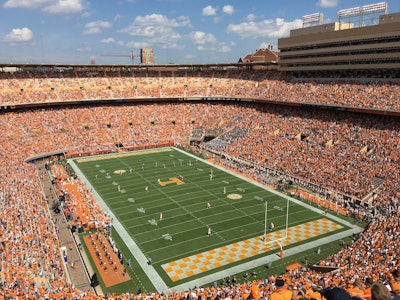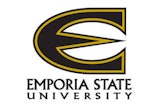
NCAA rules barring the use of name, image and likeness compensation in recruiting, along with all other NCAA rules on NIL, were suspended Friday in federal court.
As reported by CBS Sports, a U.S. district judge granted a temporary injunction in a lawsuit stemming from an NCAA violations investigation targeting the University of Tennessee. The injunction stops the NCAA from enforcing any rules relating to third-party negotiation on NIL compensation until a final decision is reached in the case.
Attorney generals from Tennessee and Virginia sued the NCAA on Jan. 31 on antitrust grounds amid news that the University of Tennessee was under investigation for multiple alleged Level I infractions. The NCAA's case against Tennessee in football centers around quarterback Nico Iamaleava, who signed an NIL deal that's believed to be in the $8 million range, David Cobb of CBS Sports reported.
Related: Tennessee, Virginia AGs Suing NCAA Over Legality of NIL Guidelines
Specific to the Tennessee case, Friday's ruling temporarily suspends the NCAA from prohibiting schools from using potential NIL opportunities as a tool in the recruiting of prospects out of high school or college athletes who have entered the transfer portal.
"The NCAA's prohibition likely violates federal antitrust law and harms student-athletes," U.S. District Judge Clifton Corker said in the decision handed down on Friday.
"The court's grant of a preliminary injunction against the NCAA's illegal NIL-recruitment ban ensures the rights of student-athletes will be protected for the duration of this case, but the bigger fight continues," Tennessee attorney general Jonathan Skrmetti said. "We will litigate this case to the fullest extent necessary to ensure the NCAA's monopoly cannot continue to harm Tennessee student-athletes. The NCAA is not above the law, and the law is on our side."
In the lawsuit, the attorneys general alleged that the NCAA had violated antitrust laws by denying athletes their ability to earn full compensation for their name, image and likeness.
"The NCAA's prohibition likely violates federal antitrust law and harms student-athletes," U.S. District Judge Clifton Corker said in Friday's decision.





































